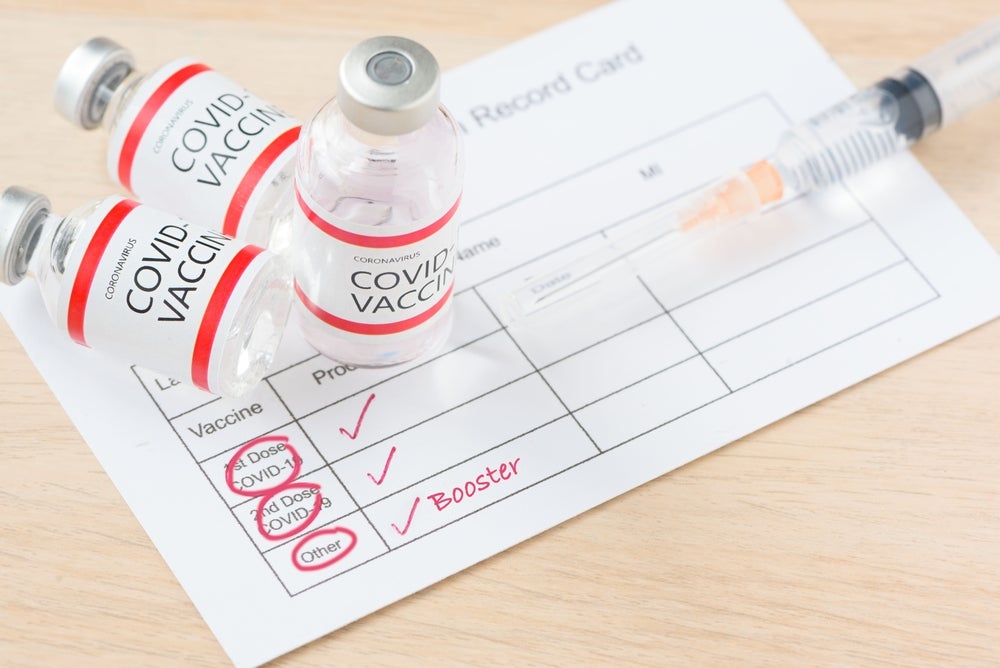Hipra’s Covid-19 booster gets EMA nod and enters an uncertain landscape
As the EMA recommends Bimervax's as a booster, global plans for Covid-19 vaccines are becoming increasingly muddled.

The European Medicines Agency (EMA) has recommended HIPRA’s Covid-19 vaccine, Bimervax, as a Covid-19 booster. Available to people ages 16 years and above who have been vaccinated with a Covid-19 mRNA vaccine, EMA’s Human Medicines Committee concluded the vaccine is ready for marketing authorization in the EU, on 30 March. Bimervax is a recombinant protein subunit vaccine, marketed by the Girona, Spain-based Hipra.
A study involving 765 adults indicate that Bimervax, in addition to reducing antibodies against original SARS-CoV-2 strain, led to higher levels of antibodies against Beta and Omicron variants. It is expected to be as effective as Pfizer/BioNTech’s Comirnaty Covid-19 vaccine. The safety and effectiveness of Bimervax will be monitored across Europe via the EU’s pharmacovigilance system.
The booster recommendation comes at a time when the future for Covid-19 vaccine rollouts is uncertain. Data presented by the European Centre for Disease Prevention and Control shows that cumulative vaccination uptake has stalled, with only a few thousand vaccine doses administered in March 2023, across the European Union/European Economic Area. Yet supply contracts persist – Pfizer/BioNTech’s being the largest. As new candidates emerge from development to market, a lot of doses seem to be sitting in storage boxes.
The US Centers for Disease Control and Prevention (CDC) has cast further uncertainty on the future of boosters, saying there is not enough data to support multiple annual Covid-19 boosters. This, paired with the recent news that the US Senate voted to end the Covid-19 National Emergency Declaration early, suggests that innovative vaccines are flying off the development lines only to enter the market when legislature and funding to support vaccine rollout is becoming less certain. Moreover, these events also have ramifications for planned clinical trials.
Most countries in Europe, including the UK, have restricted booster programmes to only the most at-risk groups. Eligibility for the UK’s National Health Services (NHS) booster programmes in England is restricted to those ages 75 years and above or individuals with weakened immune systems. The NHS will be using Covid-19 vaccines manufactured by Pfizer, Moderna and Sanofi. The Sanofi vaccine contains an adjuvant, like Bimervax, to help strengthen the immune response to the vaccine.
Following a meeting held on 20-23 March, the World Health Organization’s (WHO) Strategic Advisory Group of Experts on Immunization (SAGE) revised its advice for Covid-19 vaccination:
“Updated to reflect that much of the population is either vaccinated or previously infected with Covid-19, or both, the revised roadmap re-emphasises the importance of vaccinating those still at-risk of severe disease, mostly older adults and those with underlying conditions, including with additional boosters,” stated SAGE Chair Dr Hanna Nohynek.
“Countries should consider their specific context in deciding whether to continue vaccinating low risk groups, like healthy children and adolescents, while not compromising the routine vaccines that are so crucial for the health and well-being of this age group,” she added.
What's Your Reaction?

































